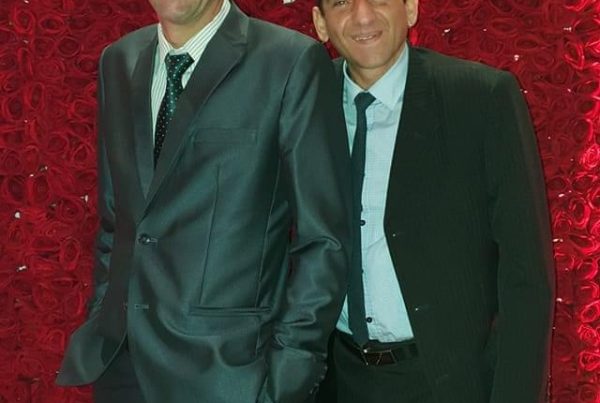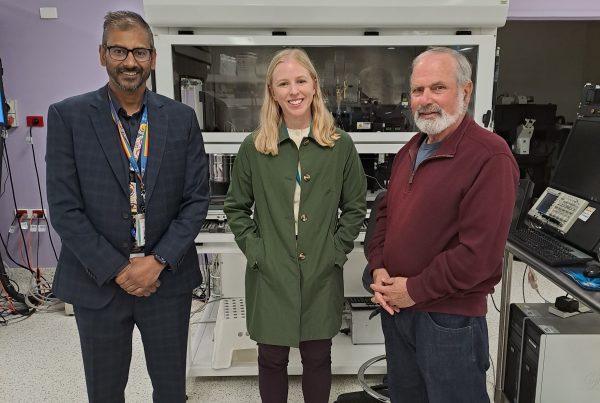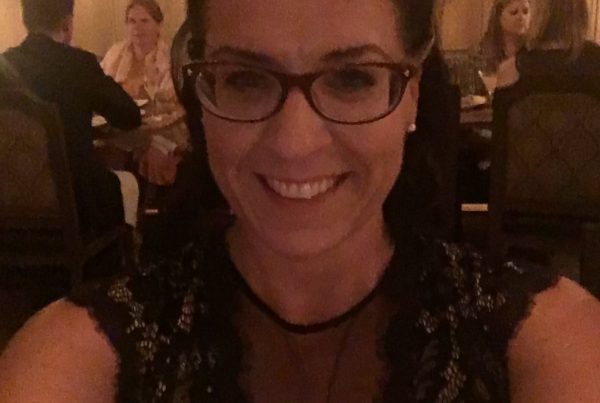Brothers, Sruli & Raphael reflect on their shared experience as brothers living with cystic fibrosis
Sruli:
It wasn’t till I was around 11 or 12 did I learn that this shared experience between my brother and I was not the experience of other kids with CF.
In fact, so much of how we lived was just assumed, half-explained, vaguely empirical, and steeped in fear and tension. It wasn’t till our late 30s that we ever really had the “Hey, does this ever happen to you?” conversation.
So, two kids, immigrants, the responsibility of self-management, and the ongoing challenge of mixed information, conflicting advice, and the omnipresent carnivorous sound of the ticking clock.
Culturally, as siblings, we were educated by media and the environment not to get along. And dutifully, we didn’t. For no reason other than we didn’t know that we could. Or should. Or how much better it would be to remove that one piece of extra tension from the house. Pitted against each other by emotionally aggressive and neglectful parents we could have been brothers-in-arms, rather than in constant opposition.
But one can’t ignore the effect of the environment on the soul, and when you change those things around and dial down some of that negativity and noise, you begin to see the concealed angles – my brother and I had always been more alike than not. A combination of survival instinct, emotional dysregulation, overly analytical, and more sensitive than we realised.
So, it took almost 40 years to take down the walls that were built between us and I learned that in this thing we have there is so little awareness, a morsel of institutional support, and a community of people you can’t be in the same room with, that we will always be a community of two brothers.
And the only other person that can feel this lived experience beyond words….
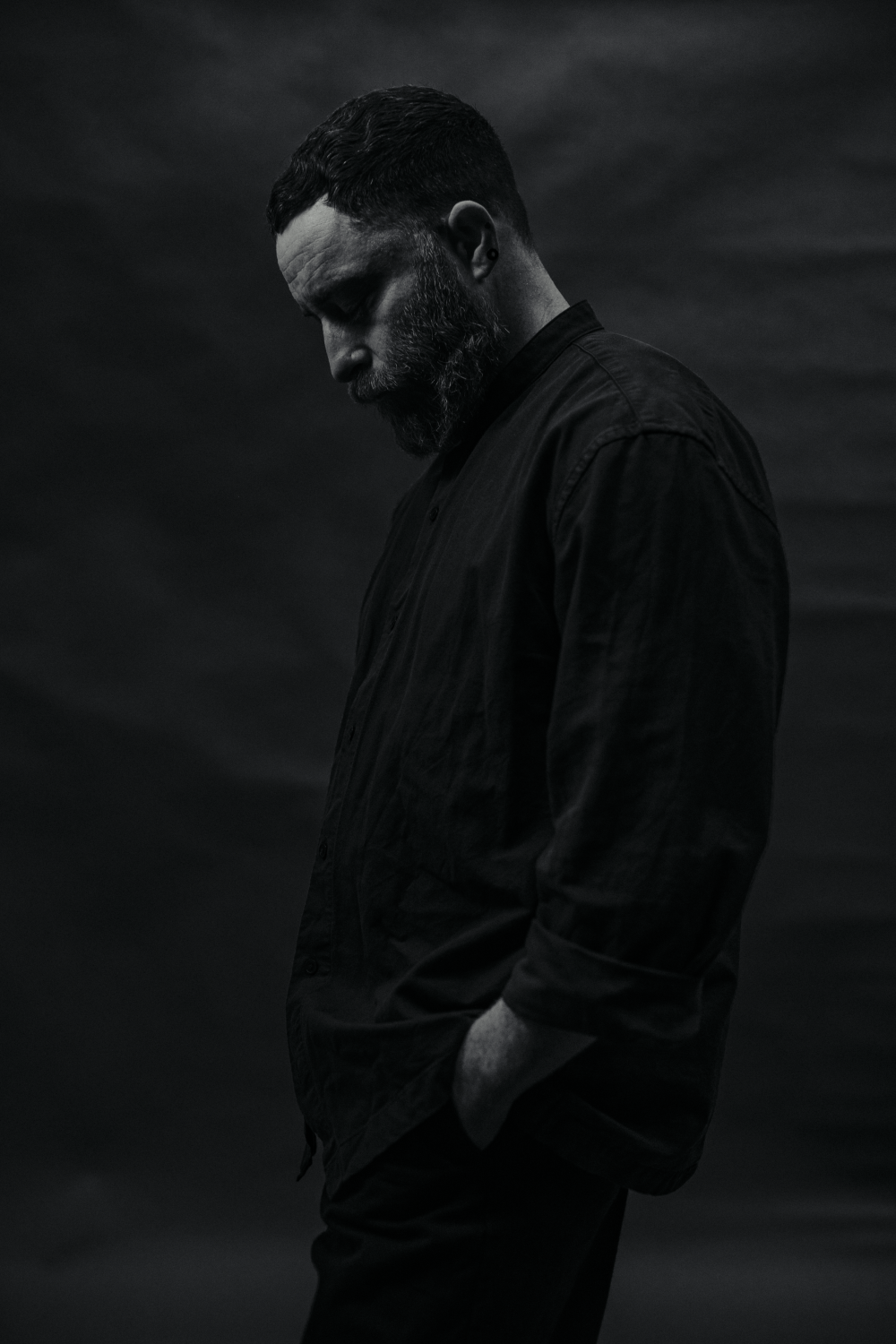
Raphael:
I felt like I had seen a ghost.
My own ghost.
An irresponsible harrowing prediction of my very very near future. Way too near actually.
And as we stepped out of the building, I was already beginning to spiral. My brother looked at me, saw the expression on my face, and barely holding back the fury, said, “Don’t listen to them, they don’t know.”
I guess they didn’t. But at the time, and with all the authority of those that knew the future, they had gathered a group of children, “patients” with CF, and with a disregard for the mixed age of the kids who had never met each other before and without their parents, the frightful impact of the shocking information, or any attempt at softening, pacing, or follow-up-support, we were unceremoniously told we, “Would die soon. At least by 19. Some in their 20s. A lucky few in their 30s.”
You can’t data dump very mature information onto unprepared pre-teens, and you can’t throw children together to scare the life out of them and then just leave them to deal with it on their own. Without any preparation or context. And no tools to process it.
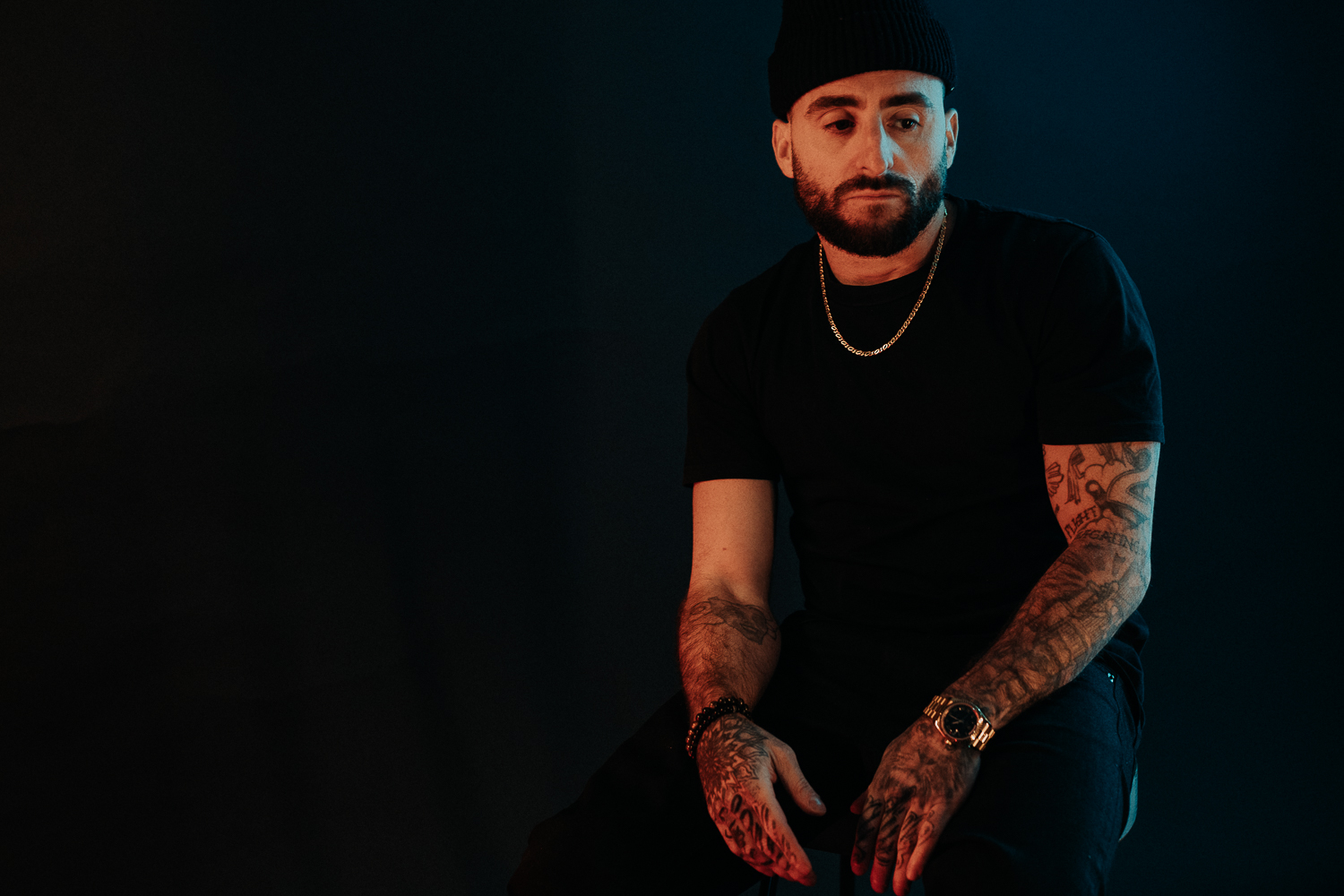
To this day, it was the most traumatising moment of my life. I was 9 and very scared. I just thought I couldn’t eat without tablets and that I coughed a lot. But this was a death sentence, rung out in public, impersonal, and unexpected.
My brother was 11 and on the edge of hulking out. Even at this age, he knew what had just happened was wrong, and his distrust of authority was in full effect.
I would then begin to see one sibling with CF die, and then another follow soon after. But we hadn’t been told this would be our way. He didn’t think this was in our cards. We were Rocky. The underdog. And we always got back up.
I think that moment galvanised things for him. Whenever I was feeling low, wanting to take a break from school and go to hospital, he would do everything to talk me out of it, “Don’t think sick, don’t be sick,” he would repeat, like the most in your face, unwanted motivational speaker.
For him, in hindsight, it was like giving in. Just once would be an admission of resignation, like the temptation of a drink, even just one taste, for a recovering alcoholic. And because he was so headstrong about it, I followed.
He acted like an icebreaker ship out on his own, pushing through the dark and cold, not denying it but not letting it limit him. And I tried to follow, but I also didn’t like to be told what to do. And at some point, even that good advice tasted sour.
Even though we are siblings, no one has this the same, not even us, there is no identical prognosis. He can’t tell me what to do either.
He made mistakes. I made mistakes. We lost touch. But eventually, I found my way back up. I learned the hard way, the only way I knew how, that I can’t live as though I don’t have it. I learned the power of routine, support, education, and doing this so it is just normalised, just a mundane part of life.
I learned the best thing I can do is help others and give some insight in a way that is not traumatising because we have enough of that. And the way he helped me, though I don’t think he knew he was doing it, is how I help others to go through this with a better quality of a shorter life, not living in fear, with active hope, and together.
